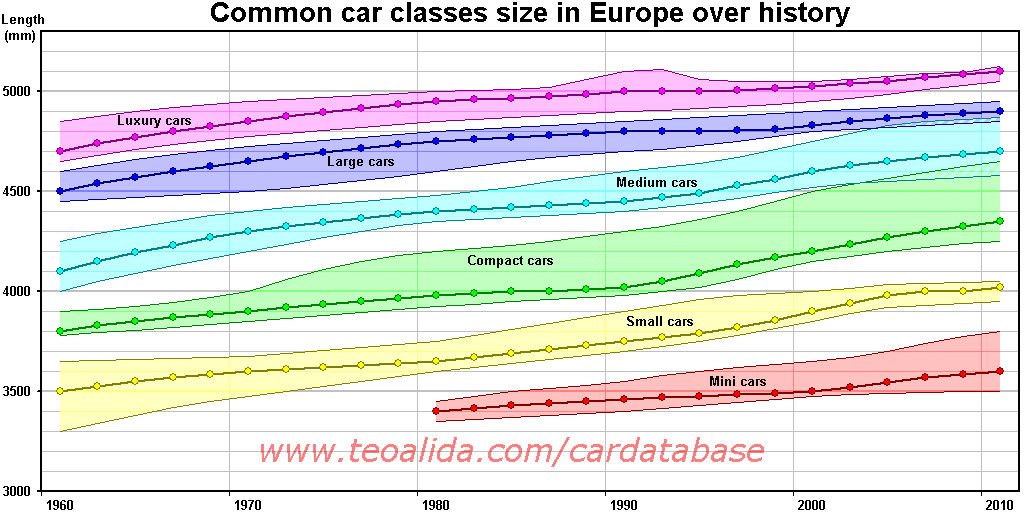My objection was your insinuation that someone buys a bigger car specifically to cause more damage, in most cases it is to suffer less damage
If that was consistent with the laws of physics (it aint), then if 2 HGVs collided neither of them would suffer any damage.
Try extending the idea of having a more massive vehicle for increased safety to a ludicrous extreme, because that makes the problem obvious. If someone driving a 60-ton M1 Abrams tank at 30mph collides with a family car, the tank is going to be undamaged, and its occupants unharmed. The car, OTOH, will be flattened and its occupants smeared across the road.
There is no specific point at which increased mass, or increased disparity in mass, makes those things
start to happen - it is a spectrum, a continuum.
Look at the question I posed both you and EFLImpudence (which you both seem reluctant to face).
Or consider this - if you and your family were travelling in a car, then with all other factors such as relative speeds, angles, crash-protective construction, active and passive passenger restraints etcetcetc the same, which would you least like to be crashed into by? A smaller and lighter vehicle than yours, one about the same, or one larger and more massive?
We all know the answer to that, and we all know why.
No - I dont believe that people who choose a large vehicle "to suffer less damage"
consciously decide "to cause more damage", but Im afraid that the second is an inevitable consequence of the first, and it is something which people should to face up to.
If someone wants a larger car to buy themselves increased safety then whether they have joined the dots or not, the dots are there, and they
are buying their increased safety at the expense of other peoples reduced safety.



